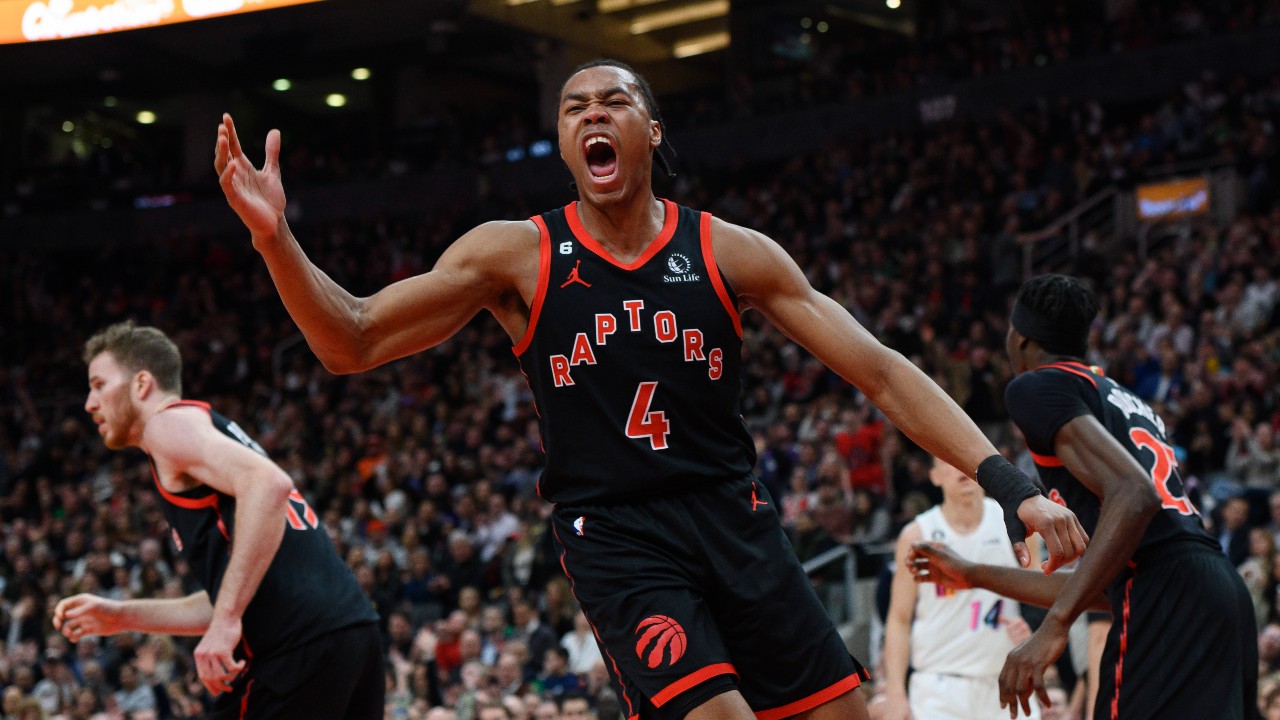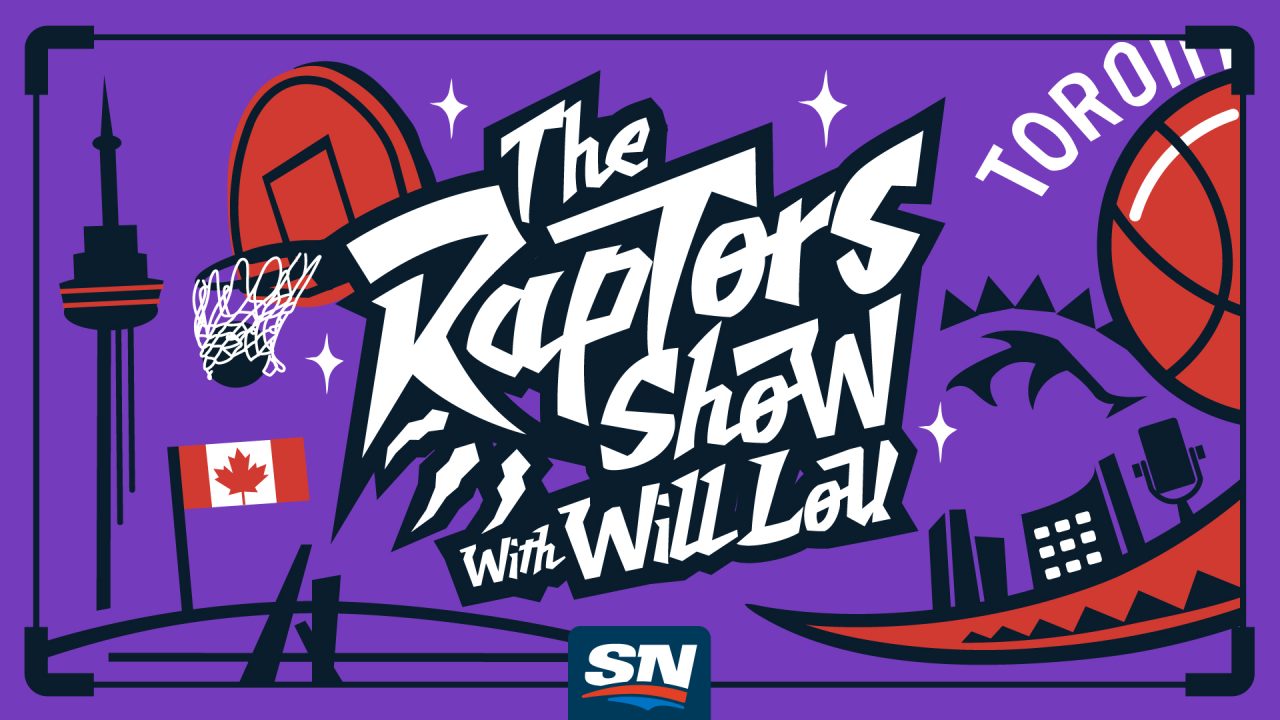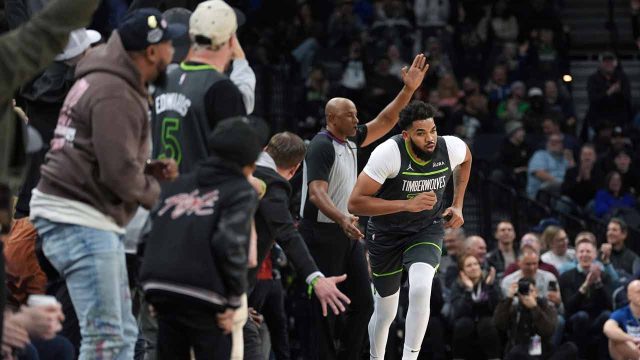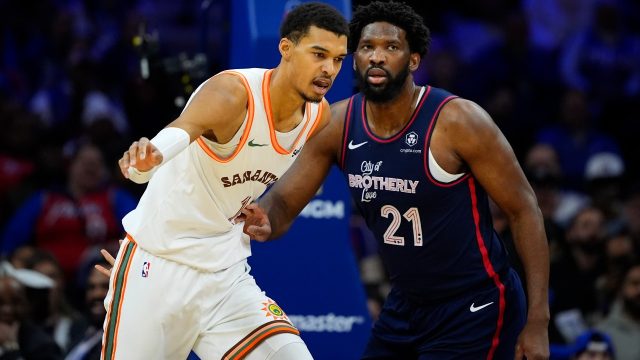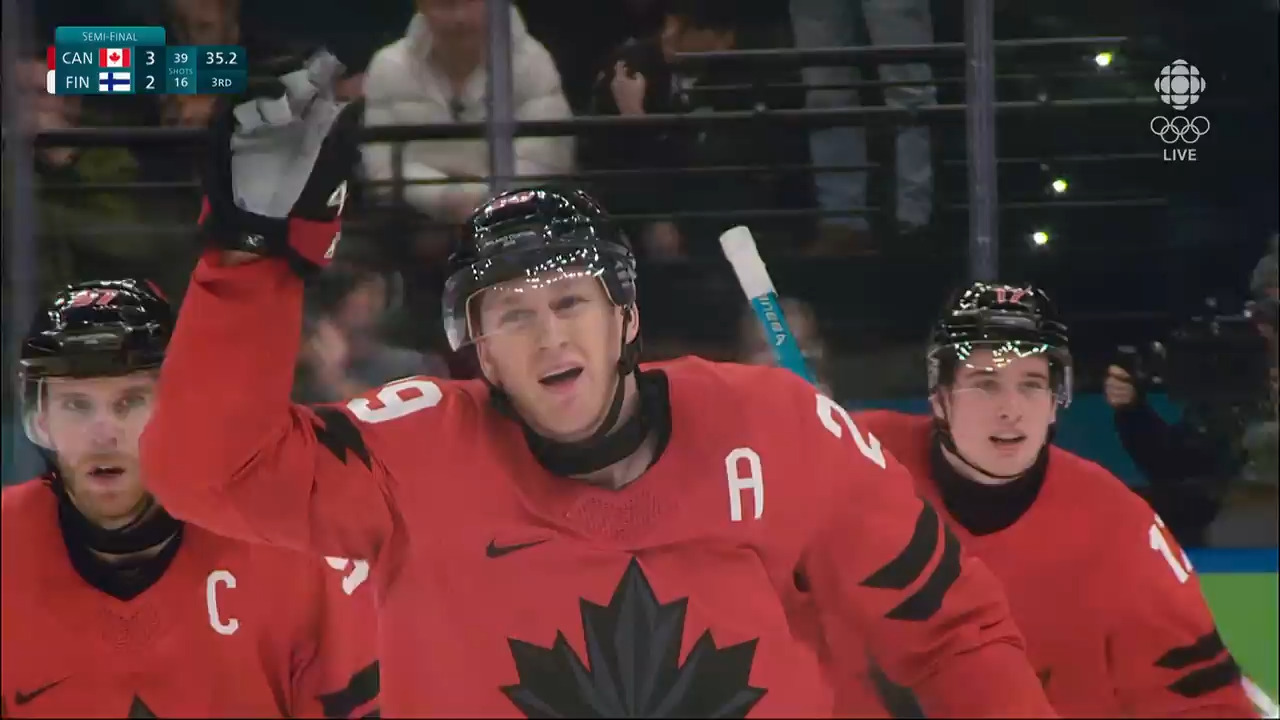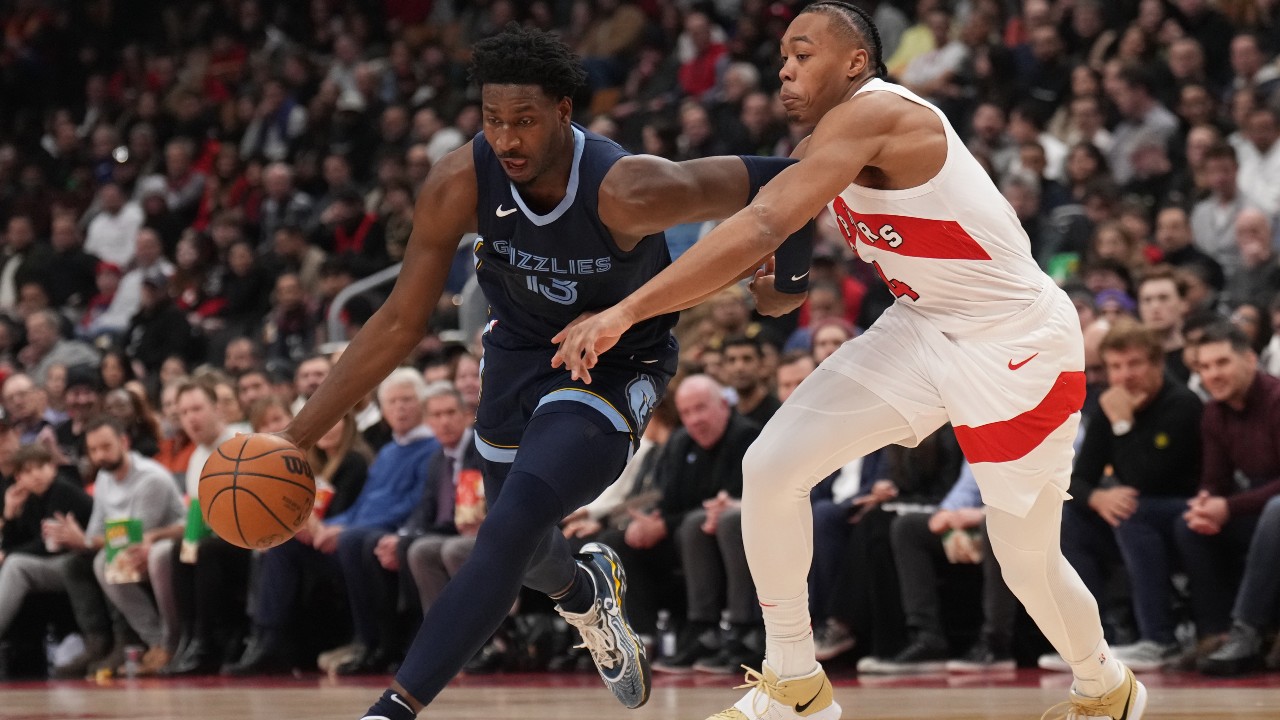
One challenge among many for a rebuilding organization in the NBA is that through the early stages of it at least, motivations get subverted, and intentions are questioned.
Sports should be simple: Play to win because winning is good.
But when an NBA team has to step back and play the long game – short-term pain for long-term gain and all of that — winning isn’t always good. Winning can be bad because it hurts your ability to infuse your franchise with the kind of special young talent that — in the long run — is essential for winning.
Meanwhile losing can be great: The San Antonio Spurs were terrible last season and worse this season but have seven-foot-four French phenom Victor Wembanyama to show for it. He can anchor their franchise for the next 15 years, not a bad trade off.
The Raptors haven’t had a lot of experience with this kind of thinking for a decade or so, but for reference, there is the 2020-21 Tampa Tank season when they intentionally let go of the rope and finished 2-10 with an eye on improving their draft position. It worked out well: The Raptors finished with the seventh-best lottery odds, moved up to fourth with some lucky ping-pong balls and ended up selecting Scottie Barnes.
A good outcome for all concerned.
But as the reality of the two major trades the Raptors have made in the past three weeks (OG Anunoby to the New York Knicks and last week Pascal Siakam to the Indiana Pacers) begins to sink in and the long road back to competitiveness becomes apparent, it’s worth revisiting some of these concepts, specifically: When is a win really a win, and when is a loss actually a victory?
And no better time really than with the Memphis Grizzlies in town, who are suddenly far more important to the Raptors’ place in the firmament than an injury-riddled team languishing near the bottom of the Western Conference really should be.
For the record, the Grizzlies won, 108-100 in a game that was not nearly as close as the score as the Raptors turned in what was perhaps their most inexcusable all-round effort of the year, and that includes being the team that stopped Detroit’s 28-game losing streak back on Dec. 30th.
“We were not connected offensively or defensively,” said Raptors head coach Darko Rajakovic, who is looking forward to a rare three-day break this week to get some much-needed practice time with his new-look team. “Everybody’s kind of walking on eggshells. At the start of the game, all the turnovers that we had, it’s a question of focus and it’s the question of bringing that effort to the game.”
The Grizzlies won each of the first three quarters and never allowed the Raptors to get the game within single digits until the final minute of the game when it was far too late.
RJ Barrett led the Raptors with 29 points as his run of strong play continues. Scottie Barnes had a spectacular stat line with 22 points, 12 rebounds, eight assists and six blocks, but had five of the Raptors’ 17 turnovers. Immanuel Quickley was 3-of-13 from the field and his 10 assists were offset by four turnovers. The Raptors gave up 20 offensive rebounds, which has been a problem since Jakob Poeltl sprained his ankle. The Grizzlies got 27 points from Jaren Jackson Jr.
Toronto lost for the seventh time in eight games and fell to 16-28 on the season. The Grizzlies improved to 16-27.
“Even from when I got traded here, we still had Pascal, so it’s. a completely new team again,” said Barrett. “We just got to have the time to practice and to focus in on how we’re going to play now with this new group that we have.”
The two teams played the part of bottom-dwellers: They looked bad. There were precious few rapid-fire passing possessions leading to elegant threes or powerful, momentum-shifting dunks. For the most part, it was two struggling teams trading mistakes, with the Raptors losing most of the trades.
There were plenty of lowlights, like Barnes whipping a swing pass into the third row in the first quarter or Quickley fumbling the ball in transition for one of his four first-half turnovers. Chris Boucher came into the game and hit a three, which is good. He then instantly lost his man on defence and gave up an uncontested dunk, which is bad.
But because the Raptors are rebuilding, losing to the Grizzlies carries additional meaning because Memphis could be the last team standing between the Raptors holding onto their own pick in next summer’s draft.
You may recall that last season at the trade deadline when most of the NBA was convinced the Raptors would begin to disassemble their veteran core, they instead hung on to the likes of Fred VanVleet, Siakam and Anunoby and then — in the ultimate zag — added Jakob Poeltl in a trade with the San Antonio Spurs. The terms of the deal included the Raptors giving the Spurs the rights to the Raptors first-round pick in the 2024 draft as long as it lands outside of spots 1-6.
If the pick doesn’t get passed along to the Spurs this year then they have the rights to the Raptors’ pick next season with the same 1-6 protections. After that? The Raptors would owe the Spurs a pair of future second-rounders.
This is where a loss to the Grizzlies carries some extra weight.
As of Monday night, the Grizzlies are a nose ahead of the Raptors for the seventh-worst record in the NBA, having split their season series. Because the bottom five teams in the standings (In order: Detroit, Washington, San Antonio, Charlotte and Portland) are so bad it’s not likely that either team will fall much lower.
So the existential question from a franchise-building perspective is whether they want to give up the pick this season – finishing sixth would give them a roughly 50-50 chance of that, depending on how the ping-pong balls rattle out — next season or hang onto it until it turns into a pair of future seconds?
It wasn’t something the Raptors thought they’d be worrying about when they made the deal for Poeltl last season. Their 15-11 surge to finish the year convinced them that they were on their way to bigger things.
They were wrong, as it turns out, so now what to do about it? Keep trying to win and watch the losses pile up (and maybe get some lottery luck) or aggressively try to lose in order to improve the chances of drafting another franchise cornerstone to pair with Barnes, 22.
Complicating things is that the 2024 draft is considered to be light on star-level prospects, while next season is considered to be quite a bit better, headlined by Cooper Flagg, a six-foot-10 do-everything forward committed to play for Duke next season. Among NBA people who are supposed to know these things, he’s considered very much a player worth tanking for, and there are some other youngsters with significant upside that would be worthwhile consolation prizes.
It’s a conundrum. The worst-case scenario could be for the Raptors to finish the second half of the season with a whimper, hang on to their pick this season (picking in the top 6, in other words) but end up being bad but not awful next season and have to watch the Spurs pick seventh or eighth overall in a strong draft, while the Raptors find themselves empty-handed.
In that context losing to the Grizzlies was a double-whammy.
A better outcome might be to play well enough over the remainder of that season that the Raptors pass along the pick to the Spurs. Whether San Antonio ends up with the seventh pick or the 11th doesn’t really matter, other than for optics and ego, but the simple act of getting rid of the obligation means the Raptors are protected from the possibility of giving up a more desirable pick next season in a stronger draft.
A win over the Grizzlies would have been desirable in that case.
Of course, the best outcome — strictly from an asset management point of view — would be to lean into being bad. Do whatever you can to pick in the top six this season and trust that in any draft the higher you pick the more likely you are to get a quality prospect and then do the same thing next season. Make the 2024-25 about development, make winning secondary and hope you get lucky in the draft lottery.
In that scenario losing to Memphis was a small win in a long drawn-out project aimed at winning big.
It’s the ultimate no pain, no gain approach and not without risk. Tanking for lottery picks is an approach littered with as many disasters as successes. It’s worked out pretty well for the Oklahoma City Thunder, but the Detroit Pistons have no shortage of high lottery picks on their roster, and all it has added up to is more heartbreak.
Certainly, nobody wants to watch the kind of basketball that was on display at Scotiabank Arena on Monday night for any length of time. But the Raptors’ best chance of becoming competitively relevant again is to add more potential stars, presuming Barnes follows through and becomes one. Even if Barrett and Quickley reach the heights that the Raptors think they can as young players with upside, no team ever went wrong with having more good players. Teams that win championships typically have multiple great ones.
All of which is to say the Raptors have entered a weird and foreign new phase in their franchise arc, one not uncommon in other corners of the NBA, but — except for one anomalous year in Tampa — which hasn’t been part of Toronto’s basketball lexicon for more than a decade.
Discuss amongst yourselves.


